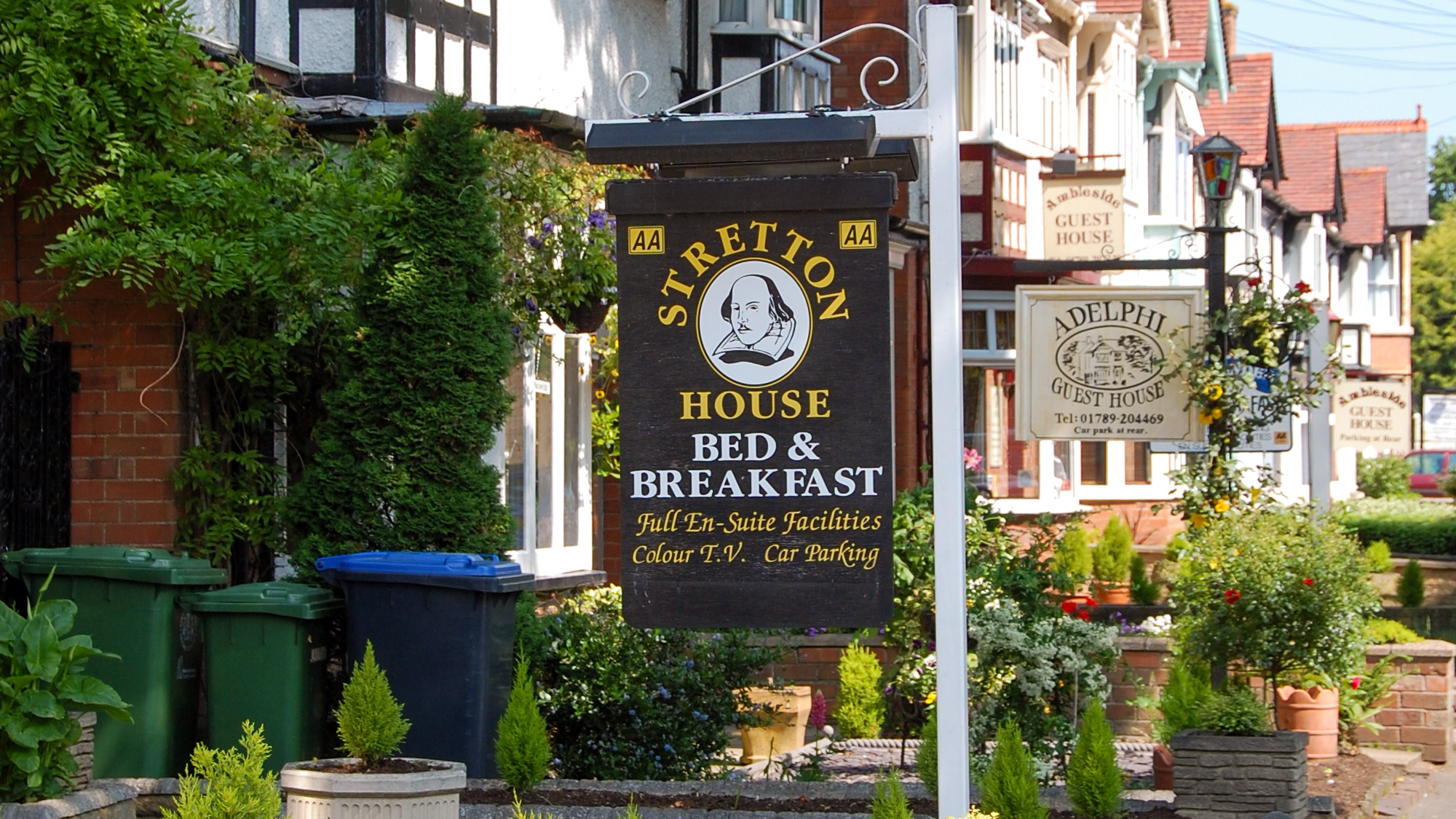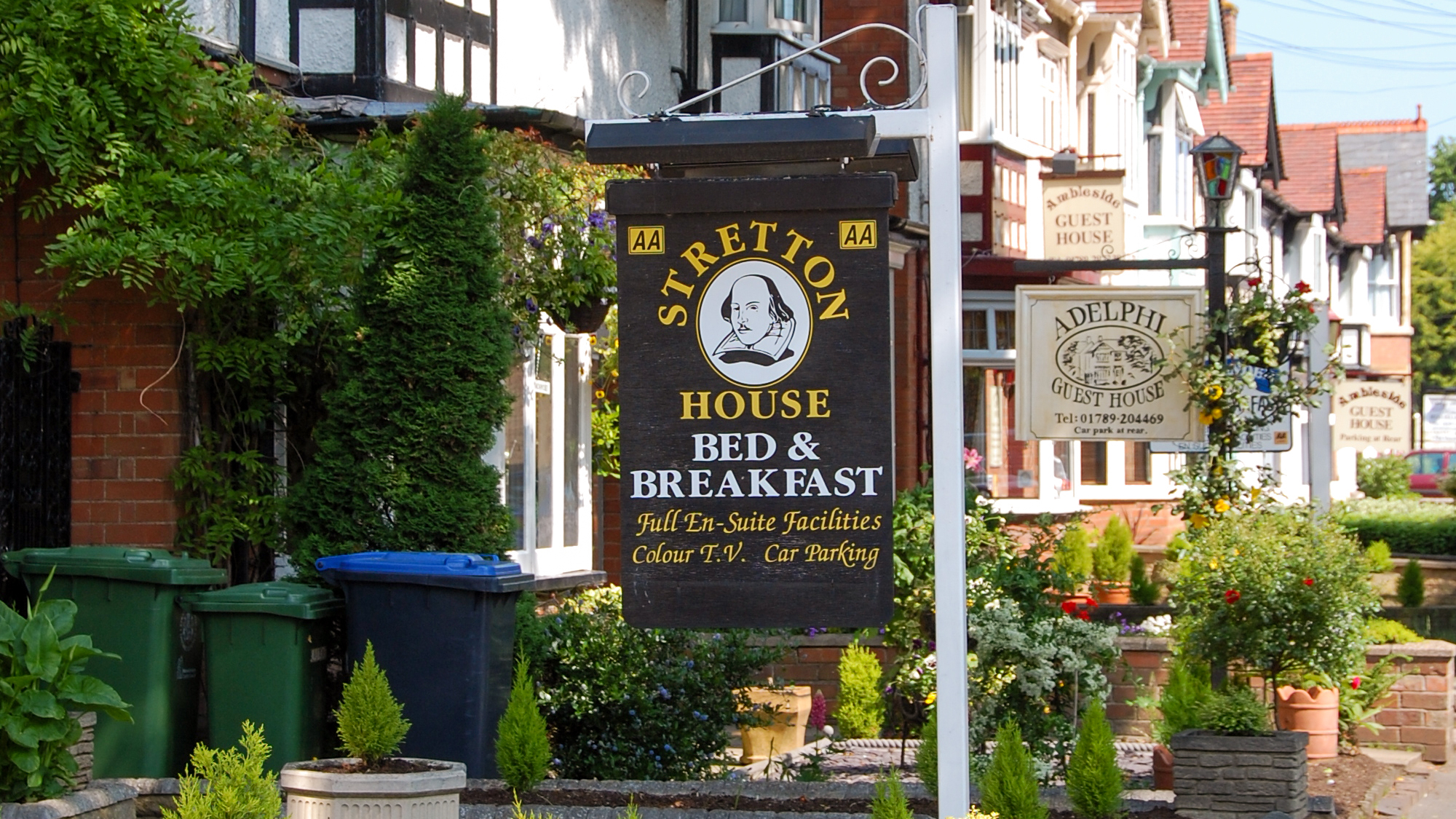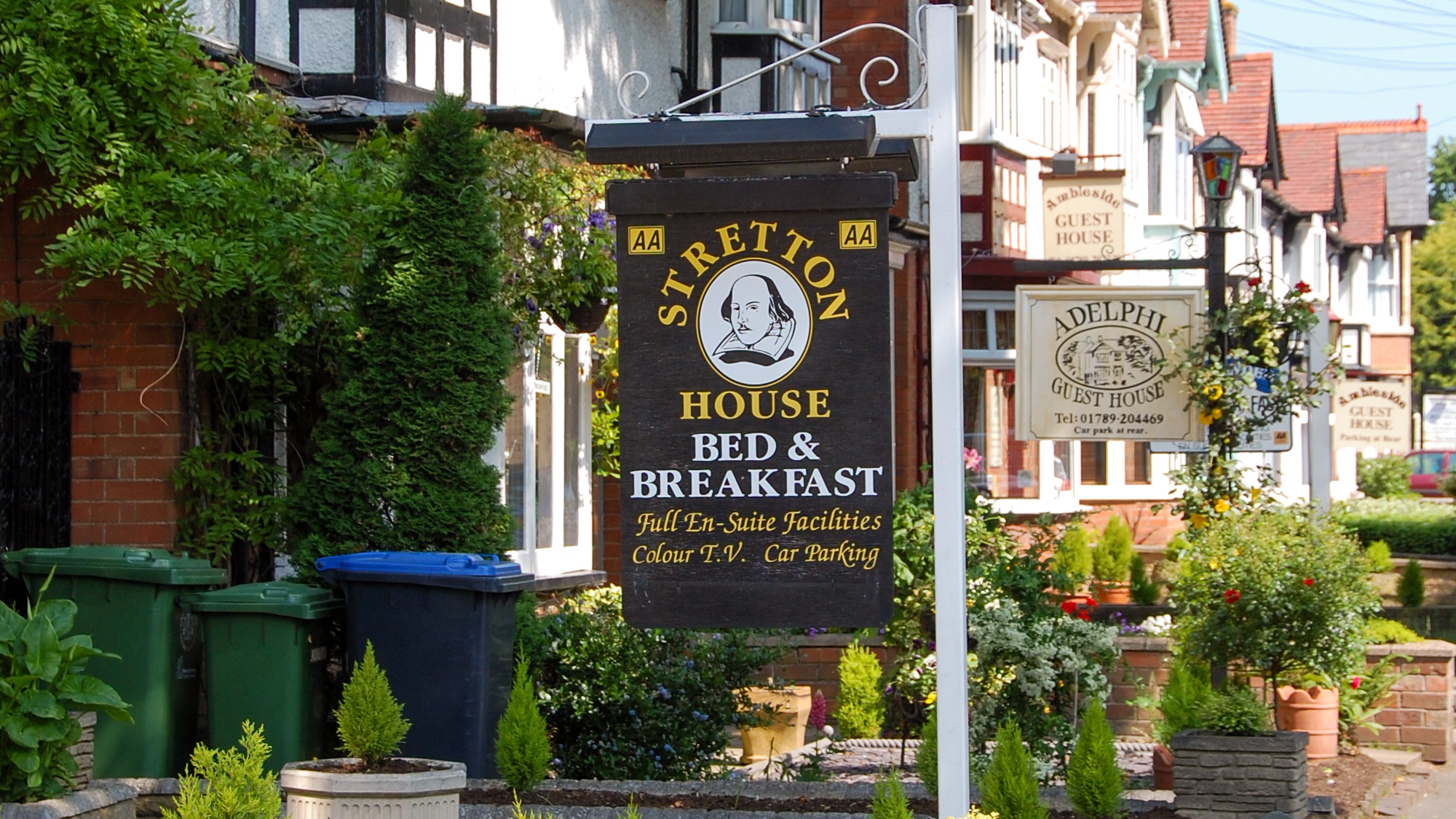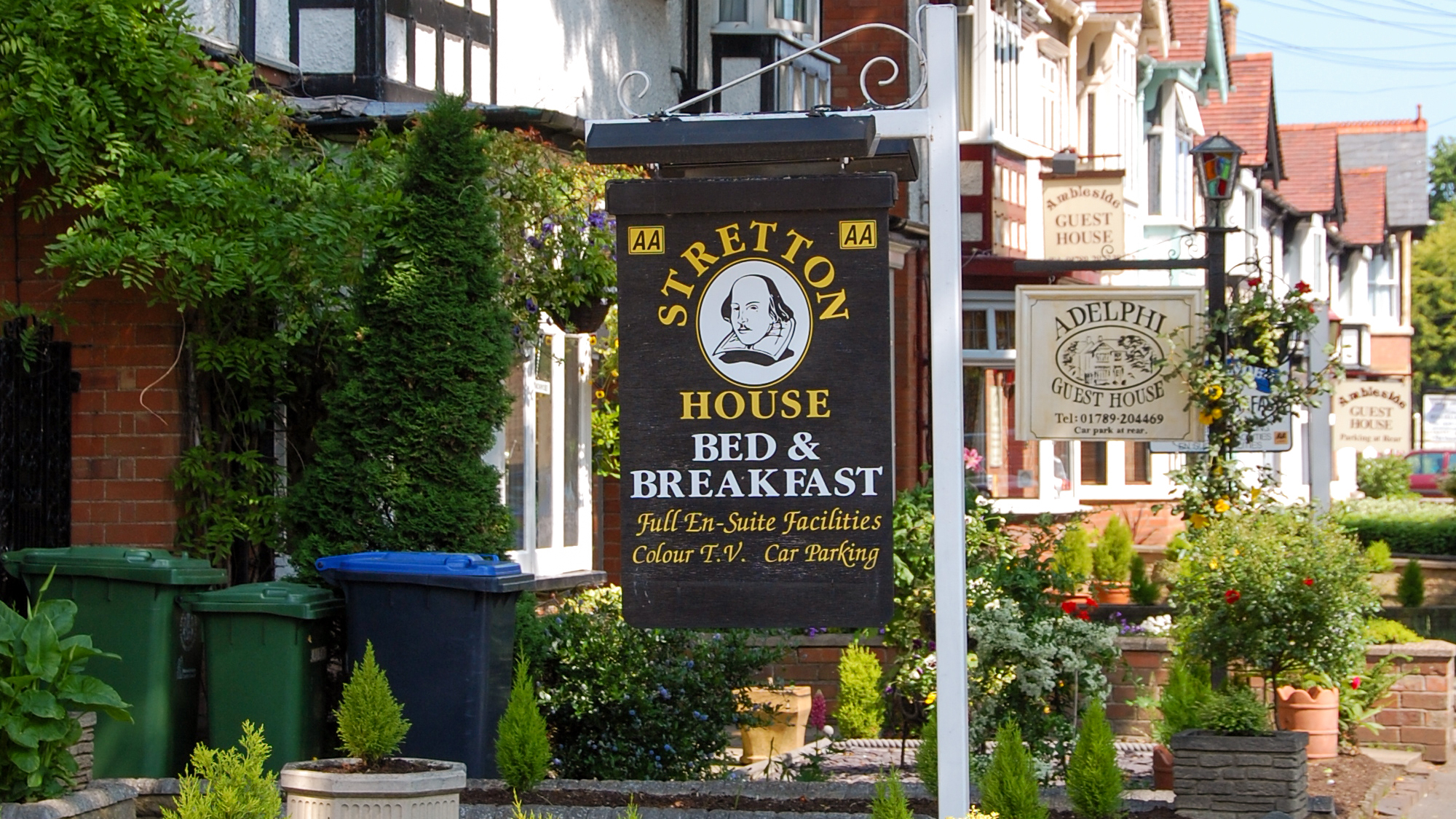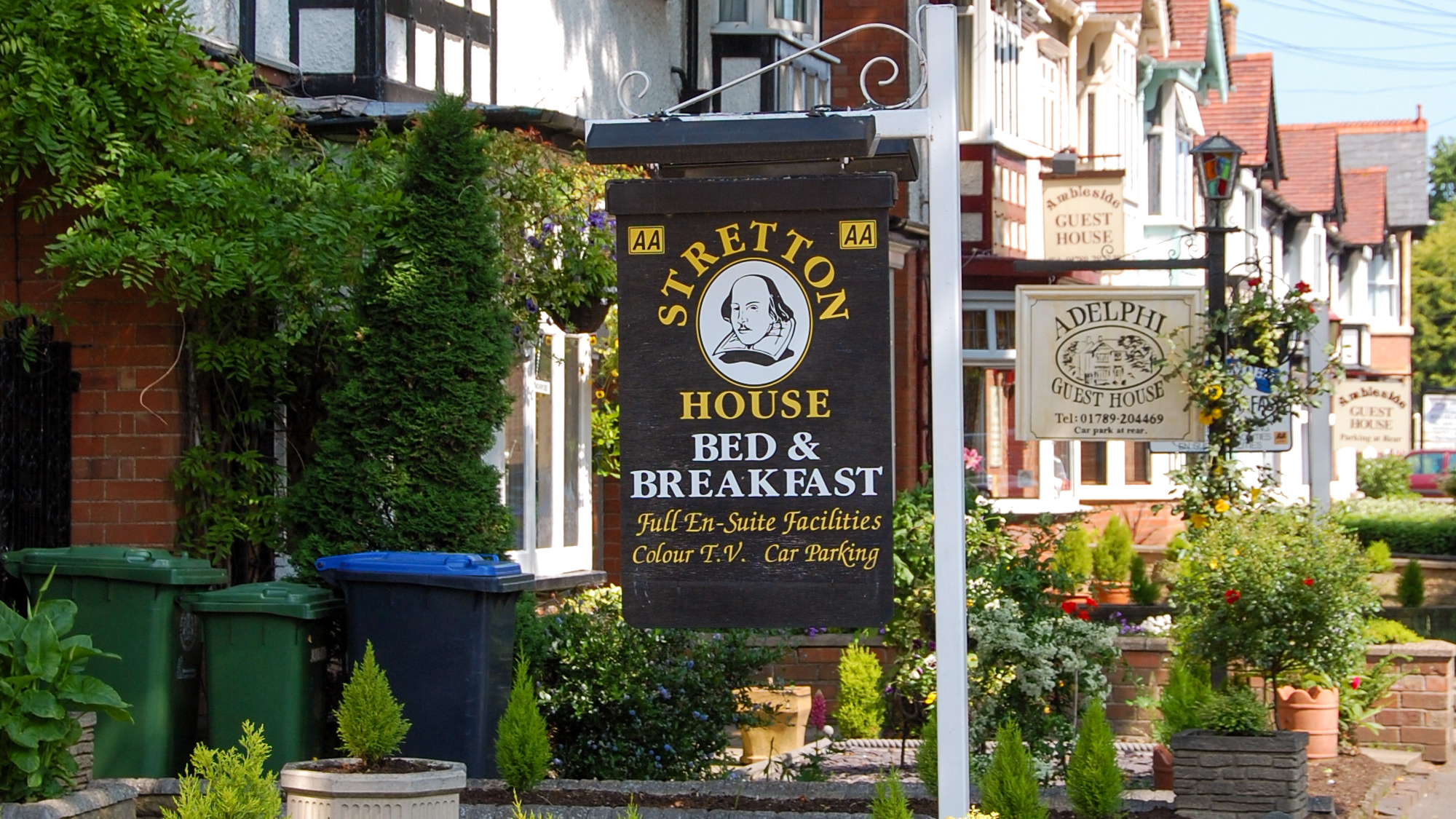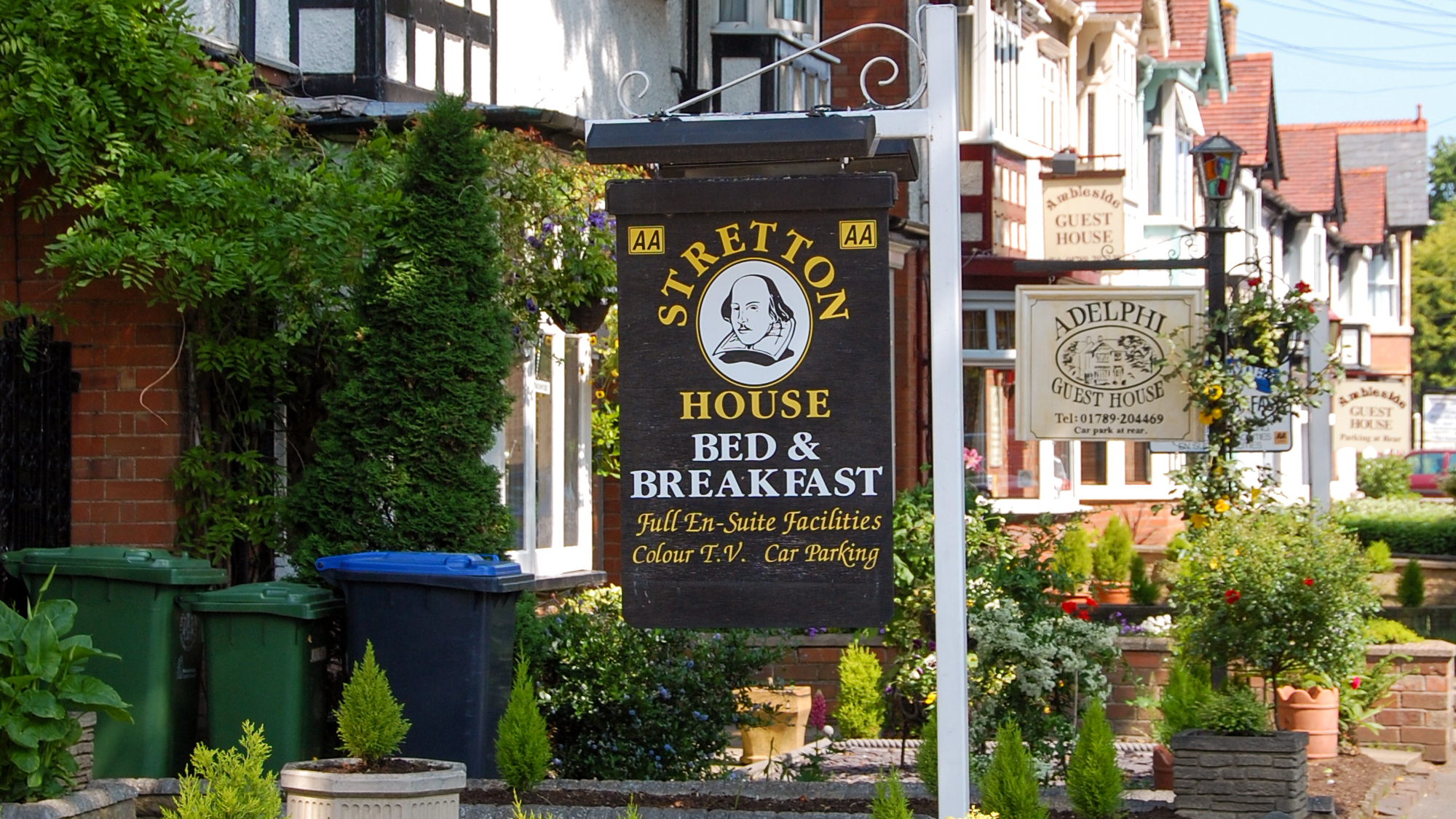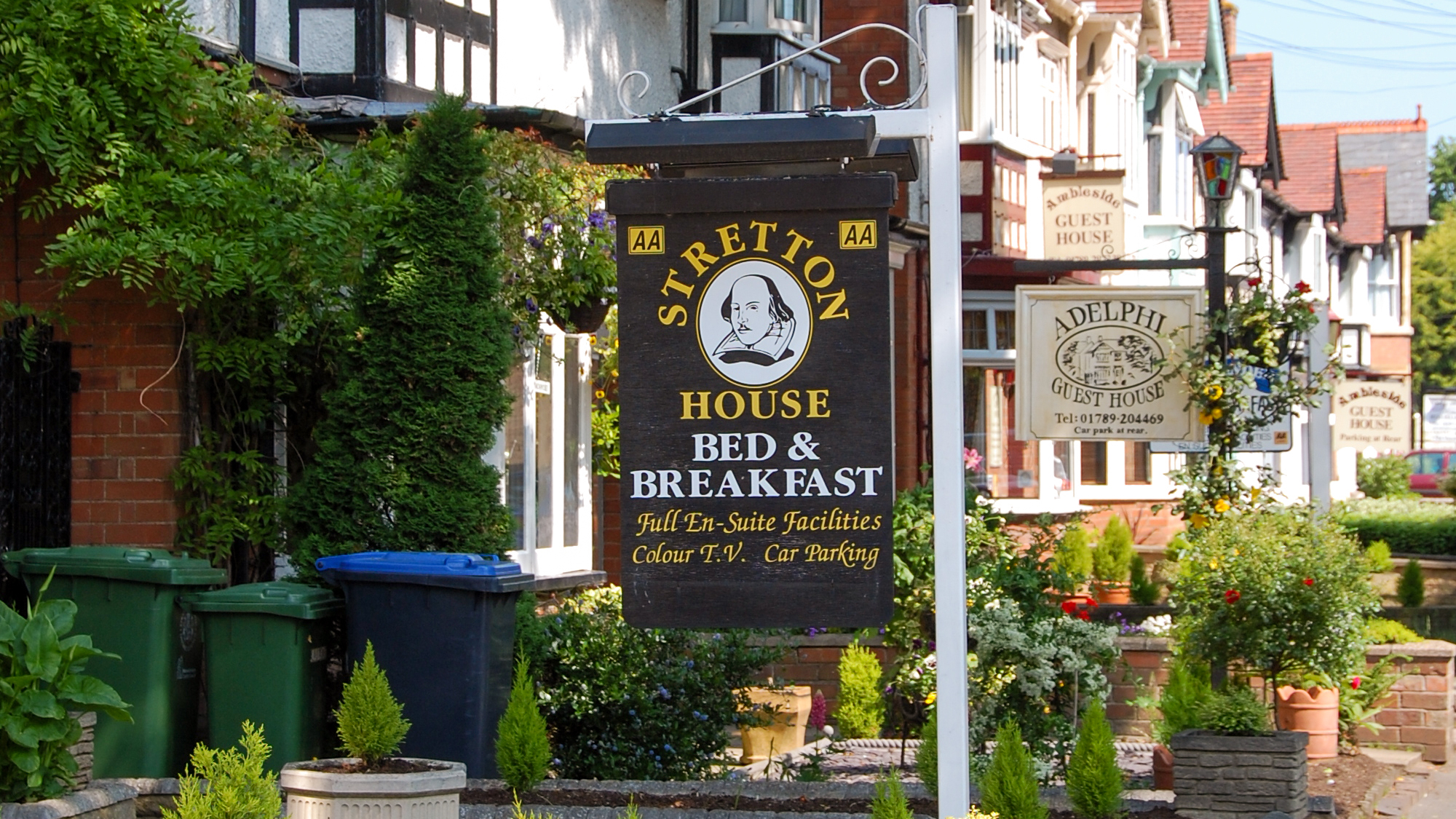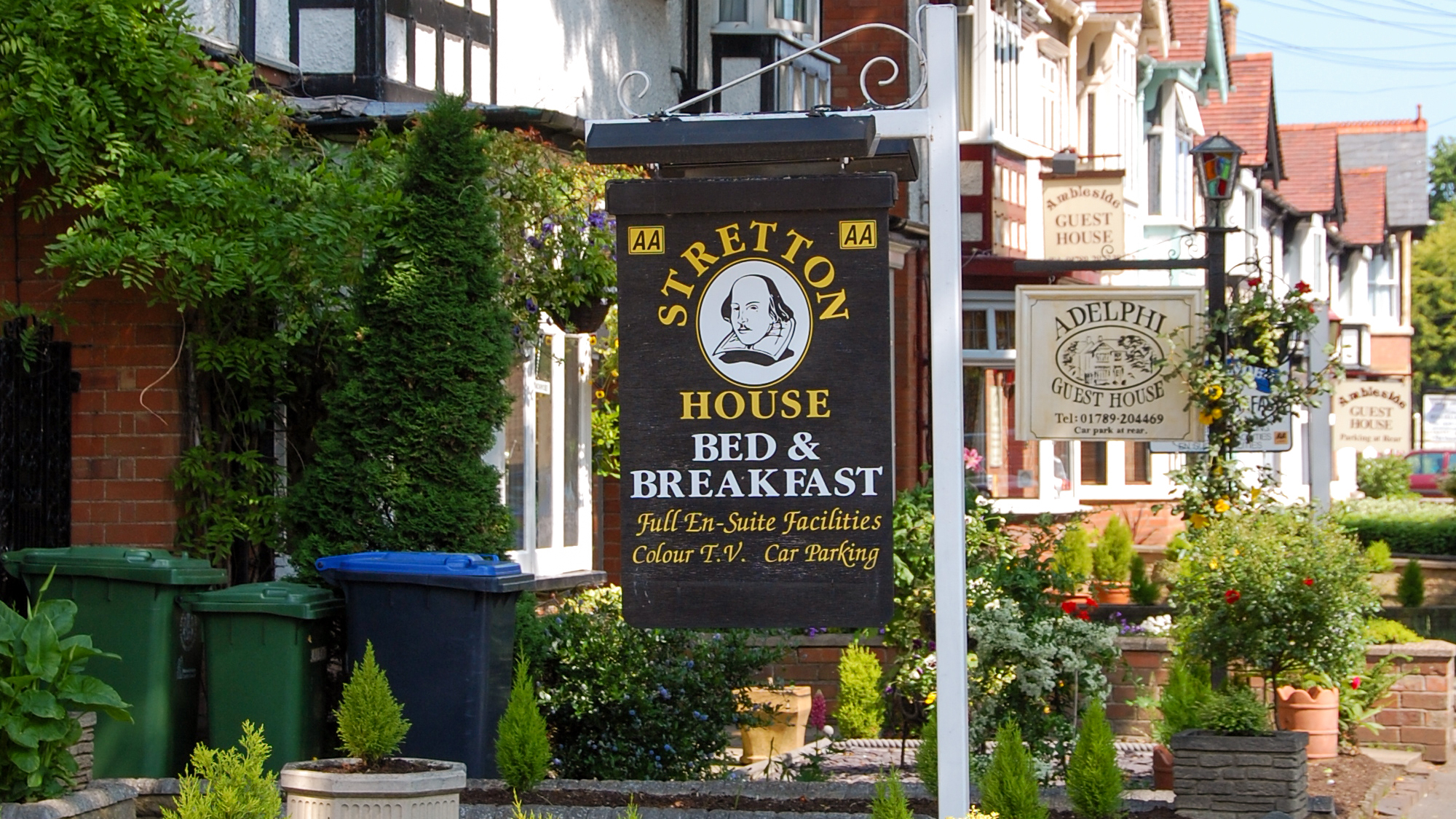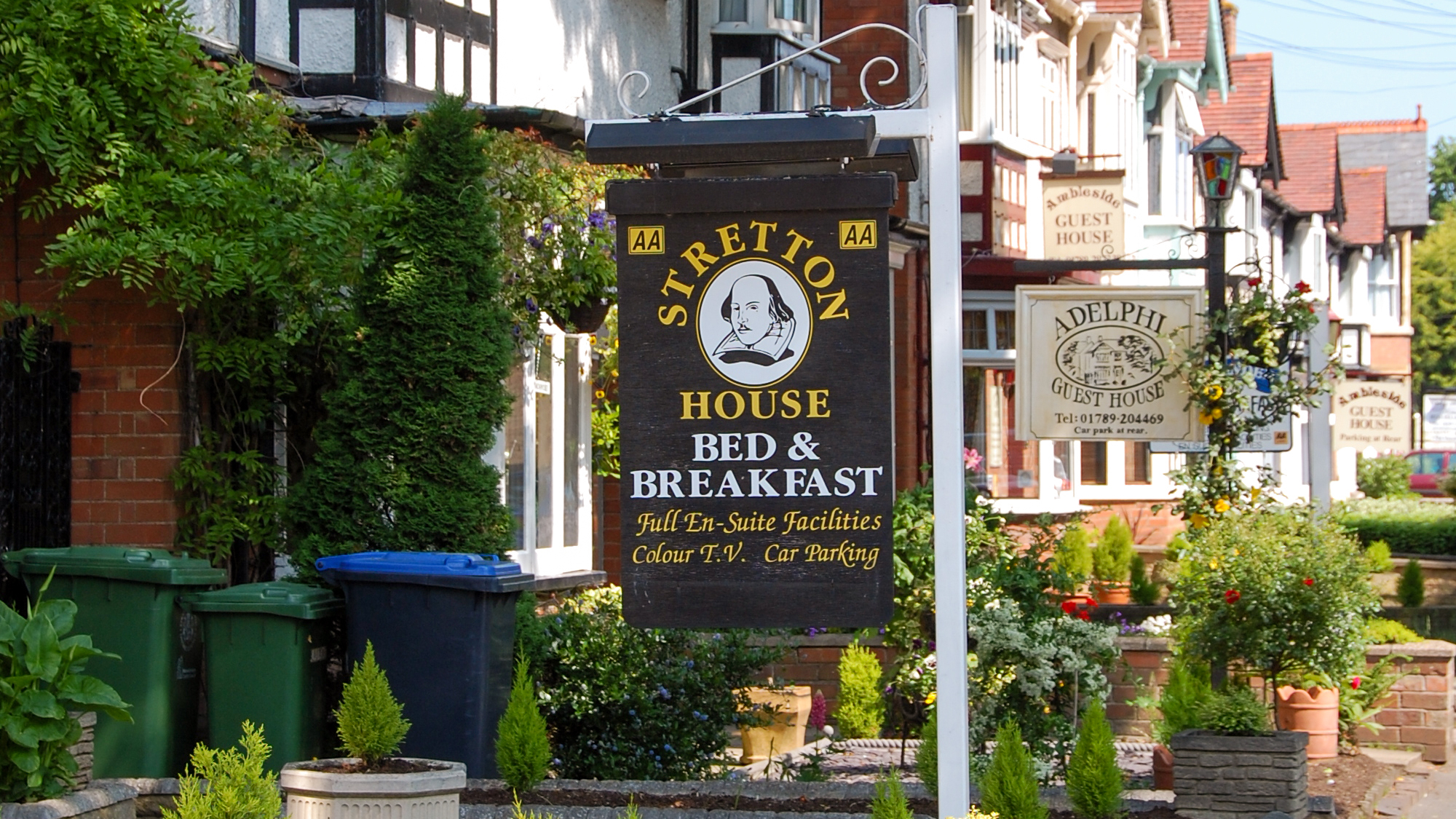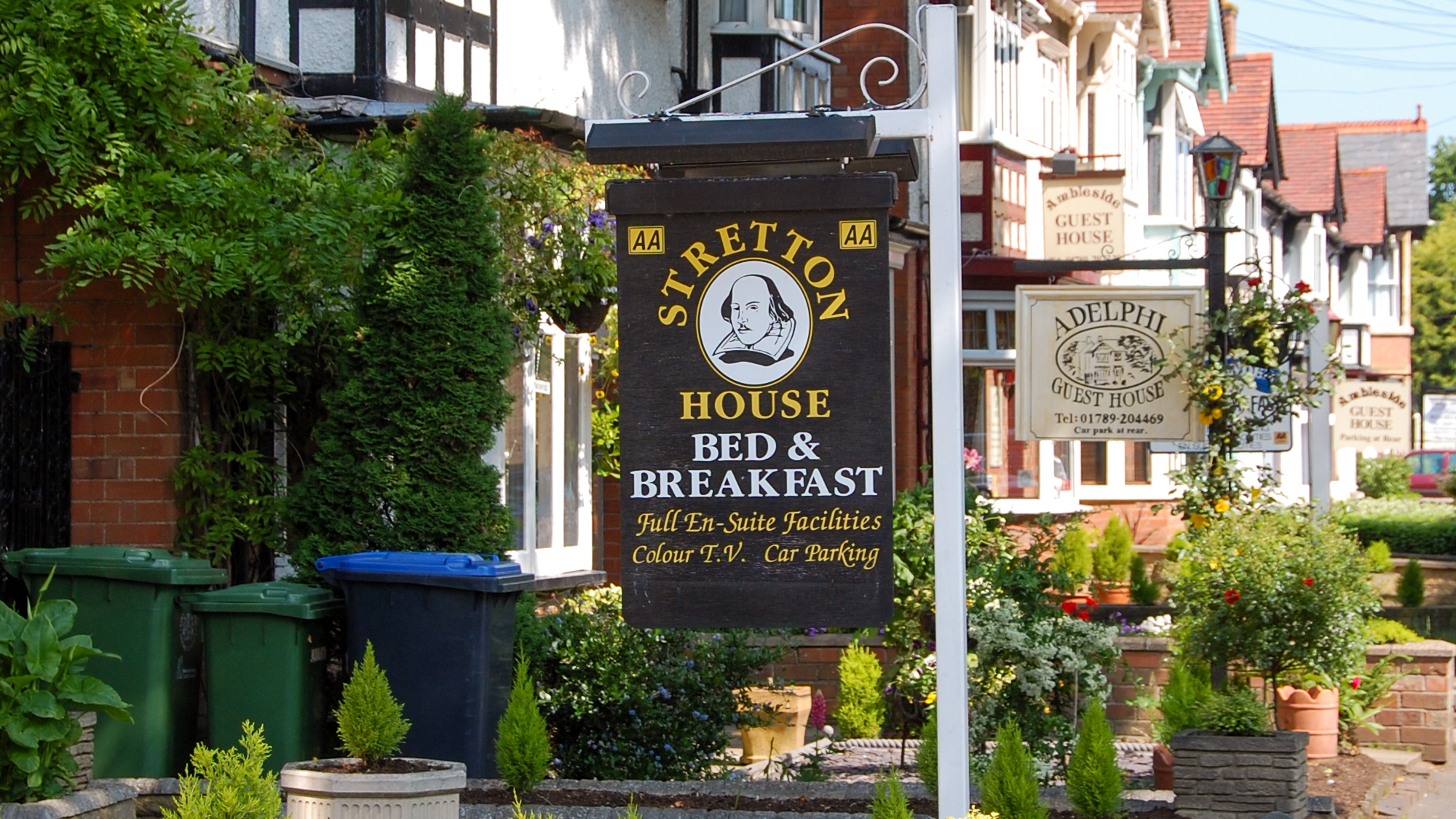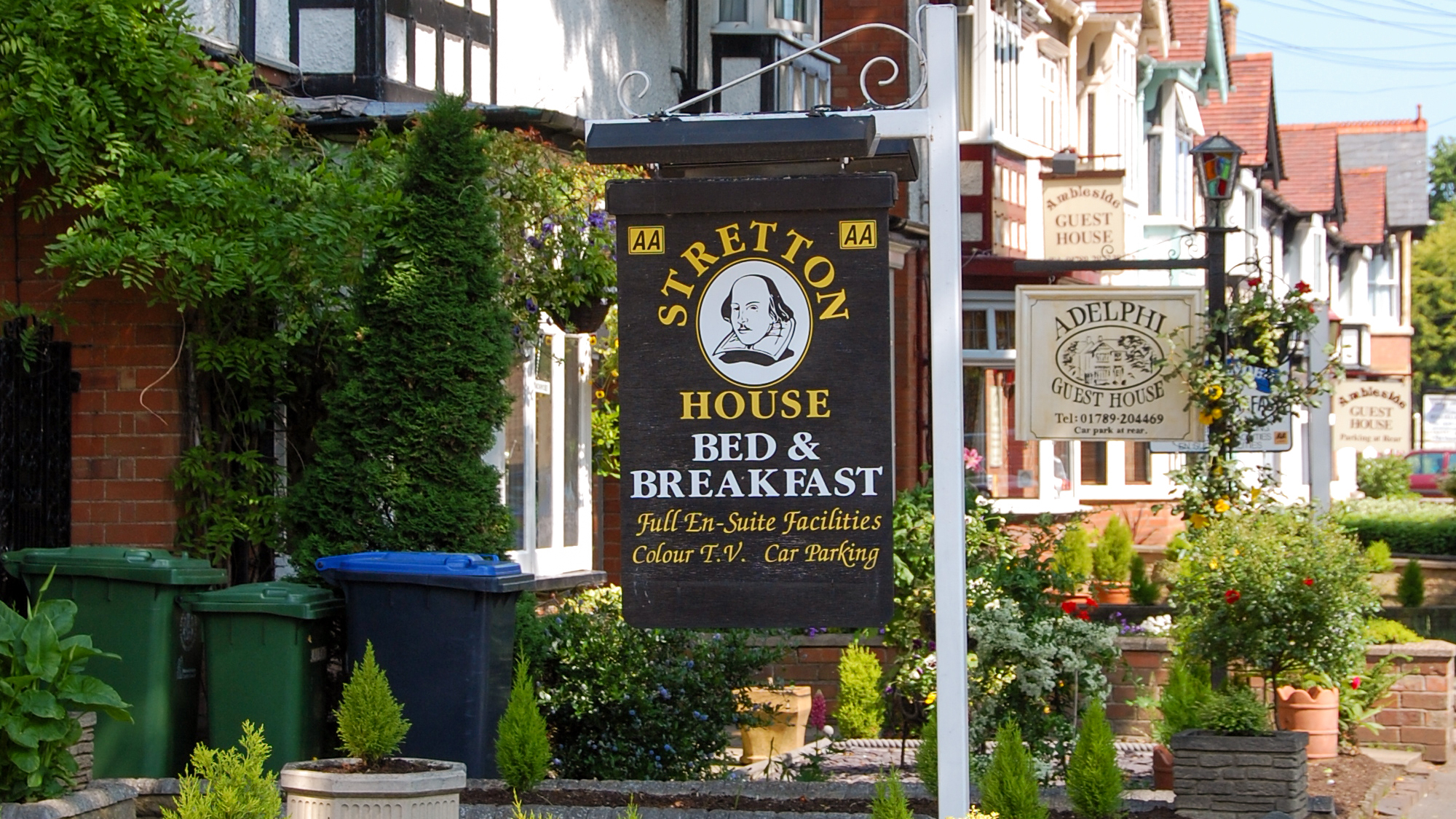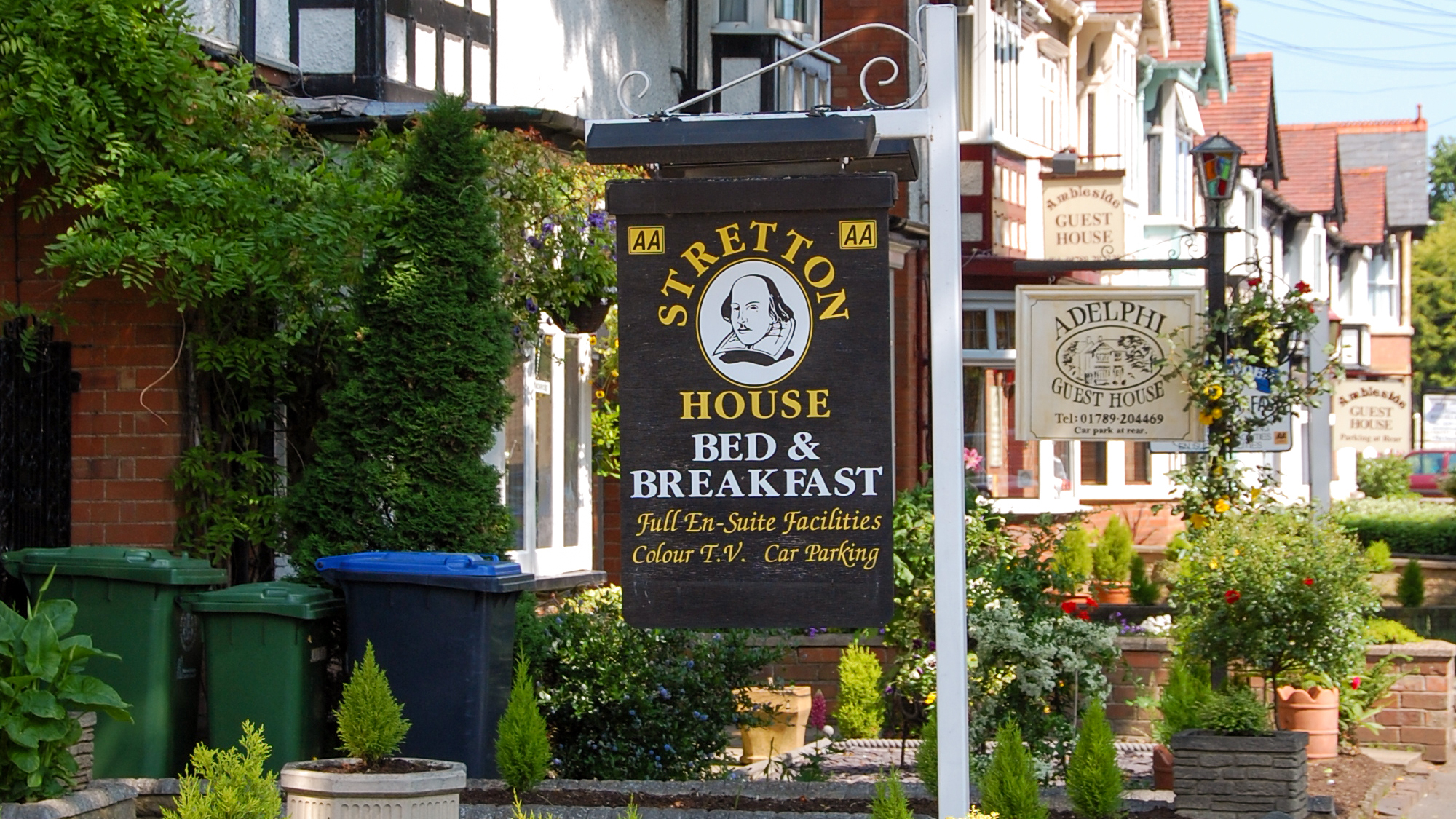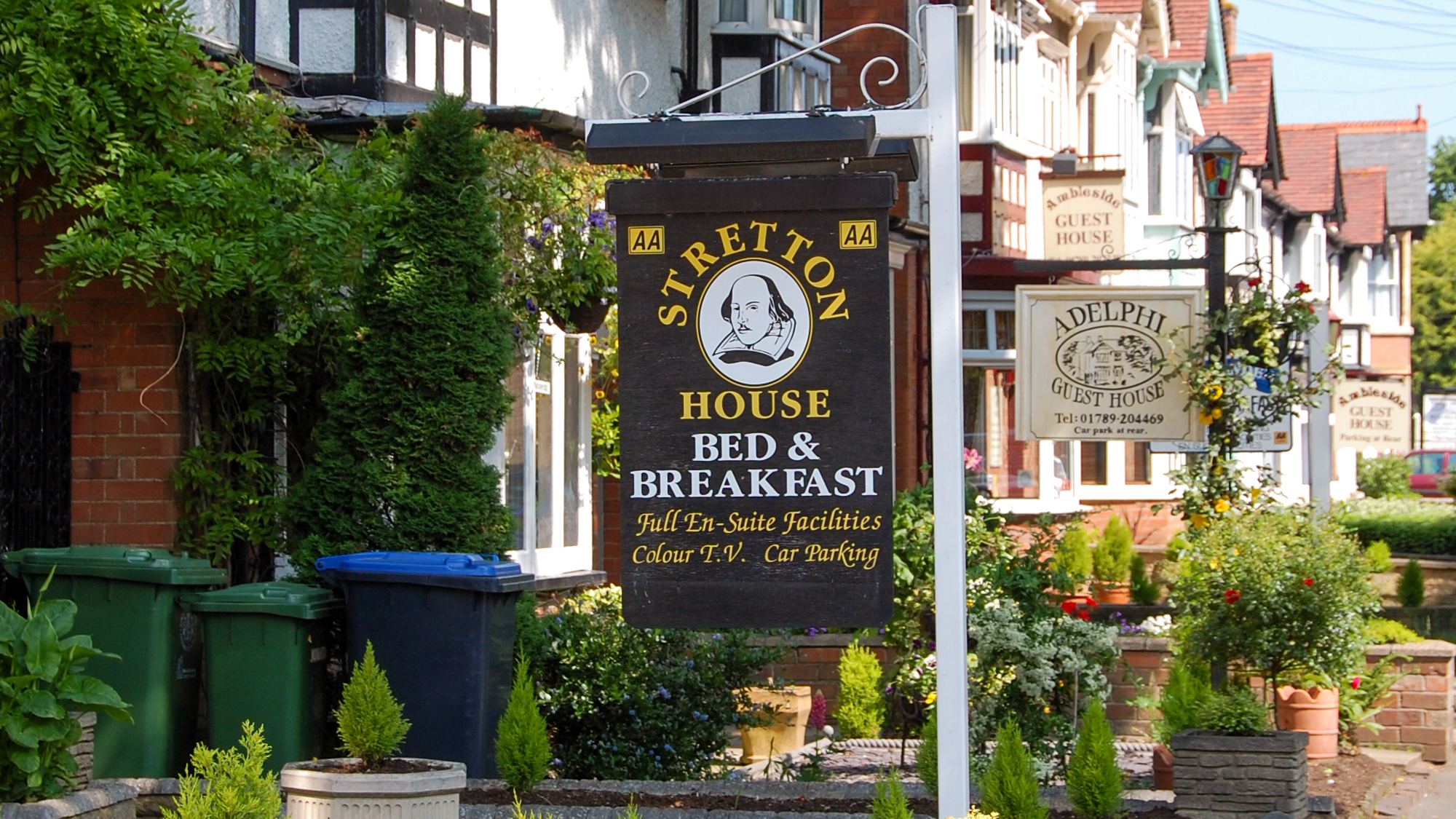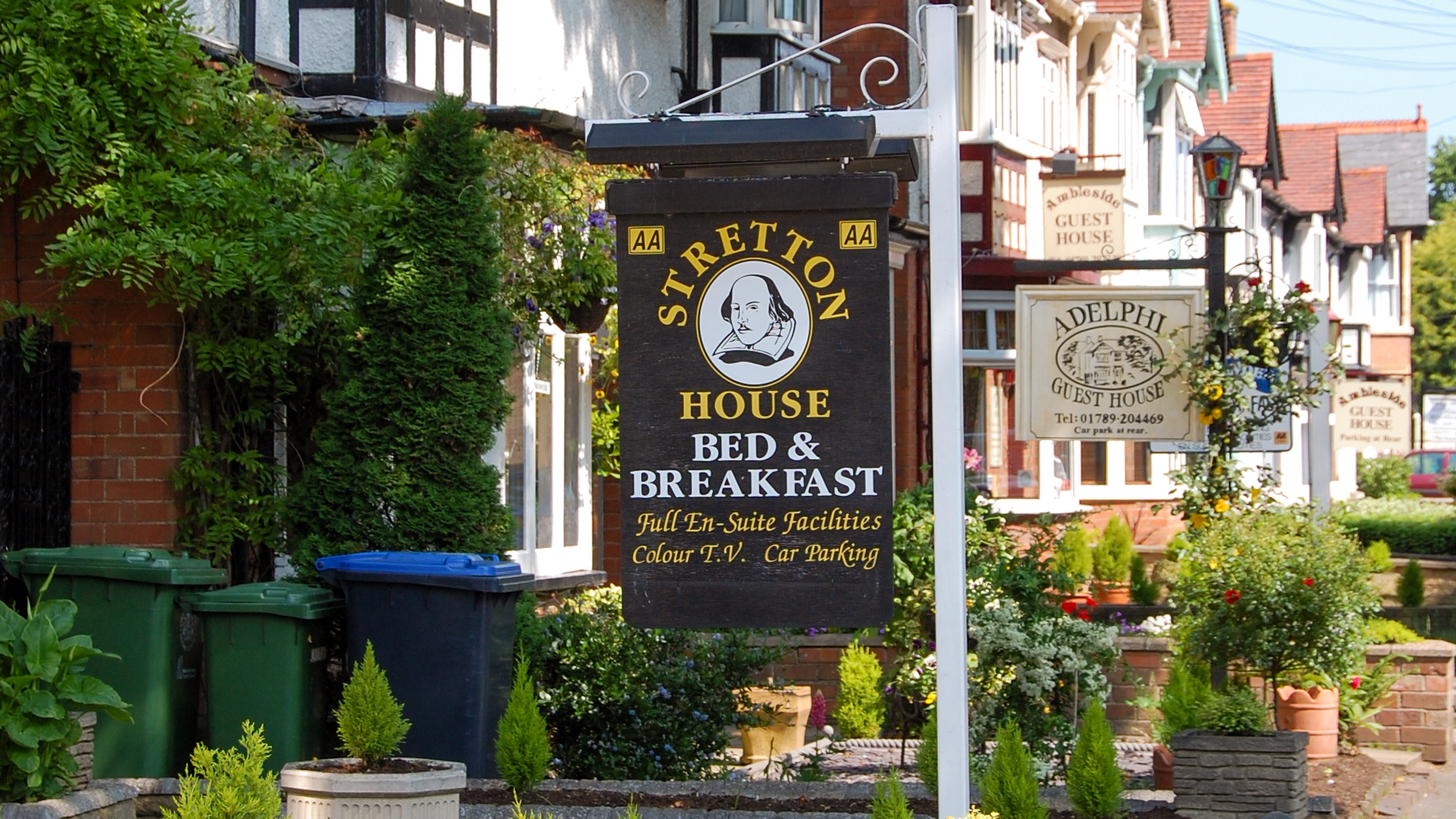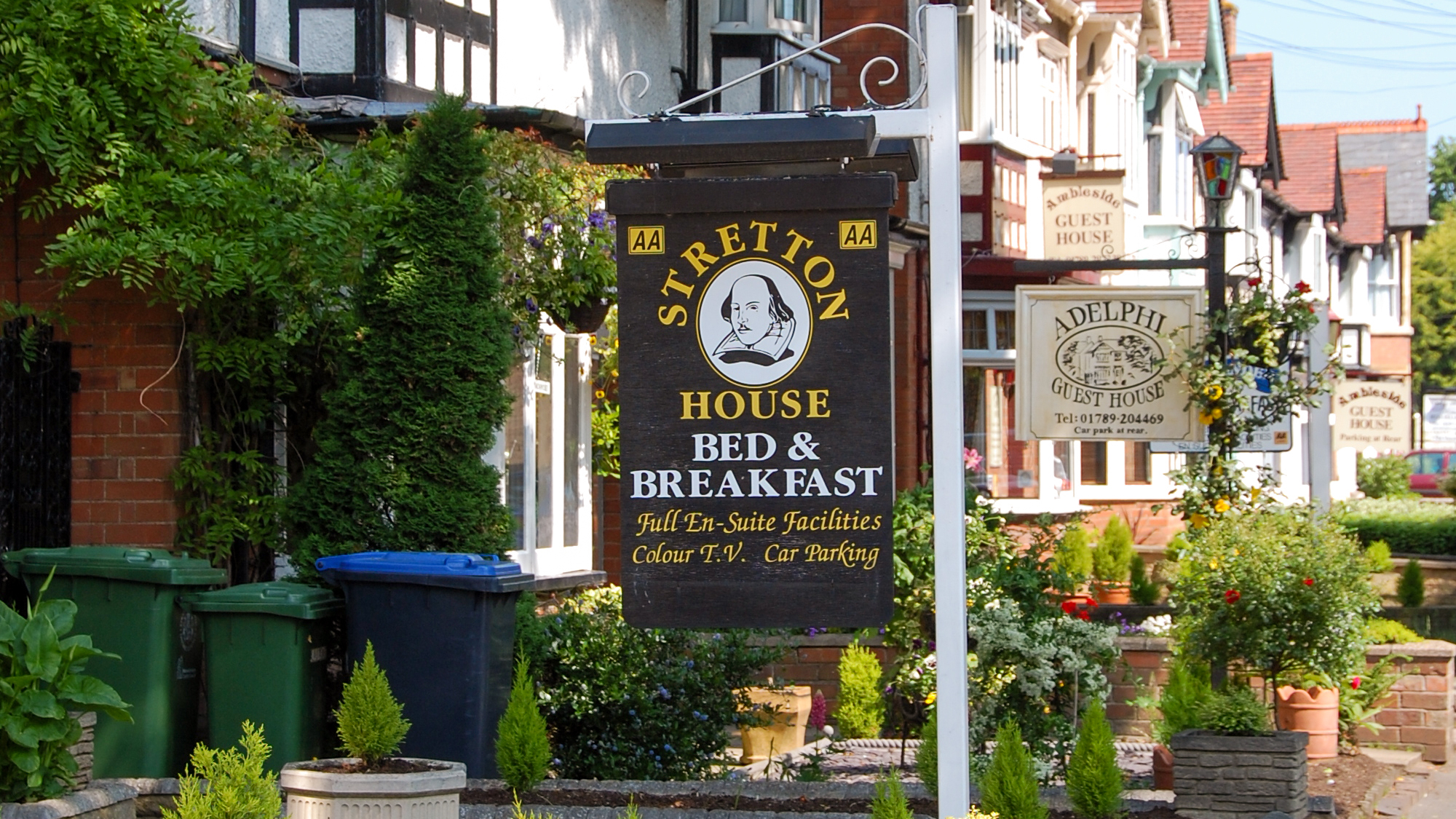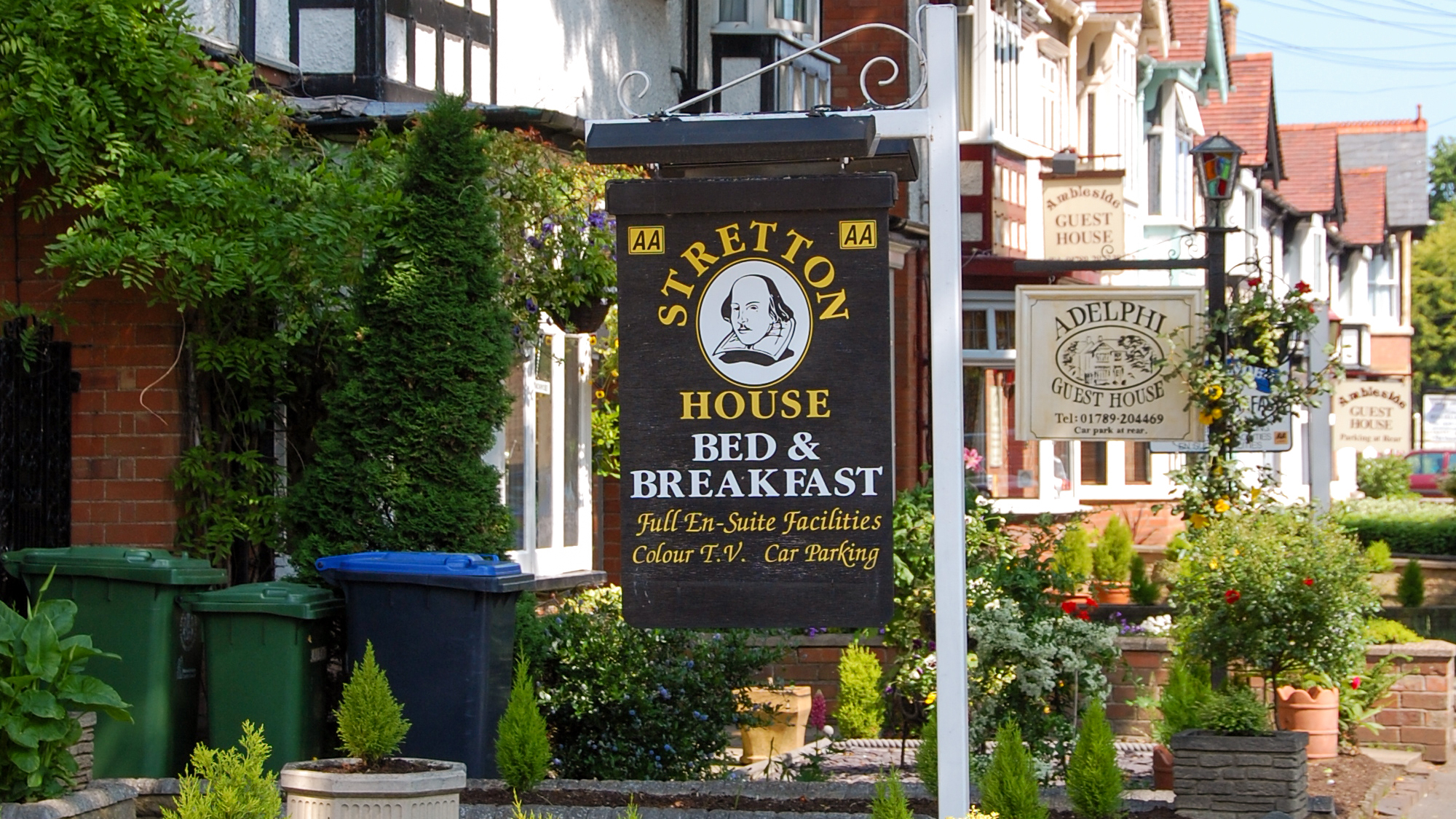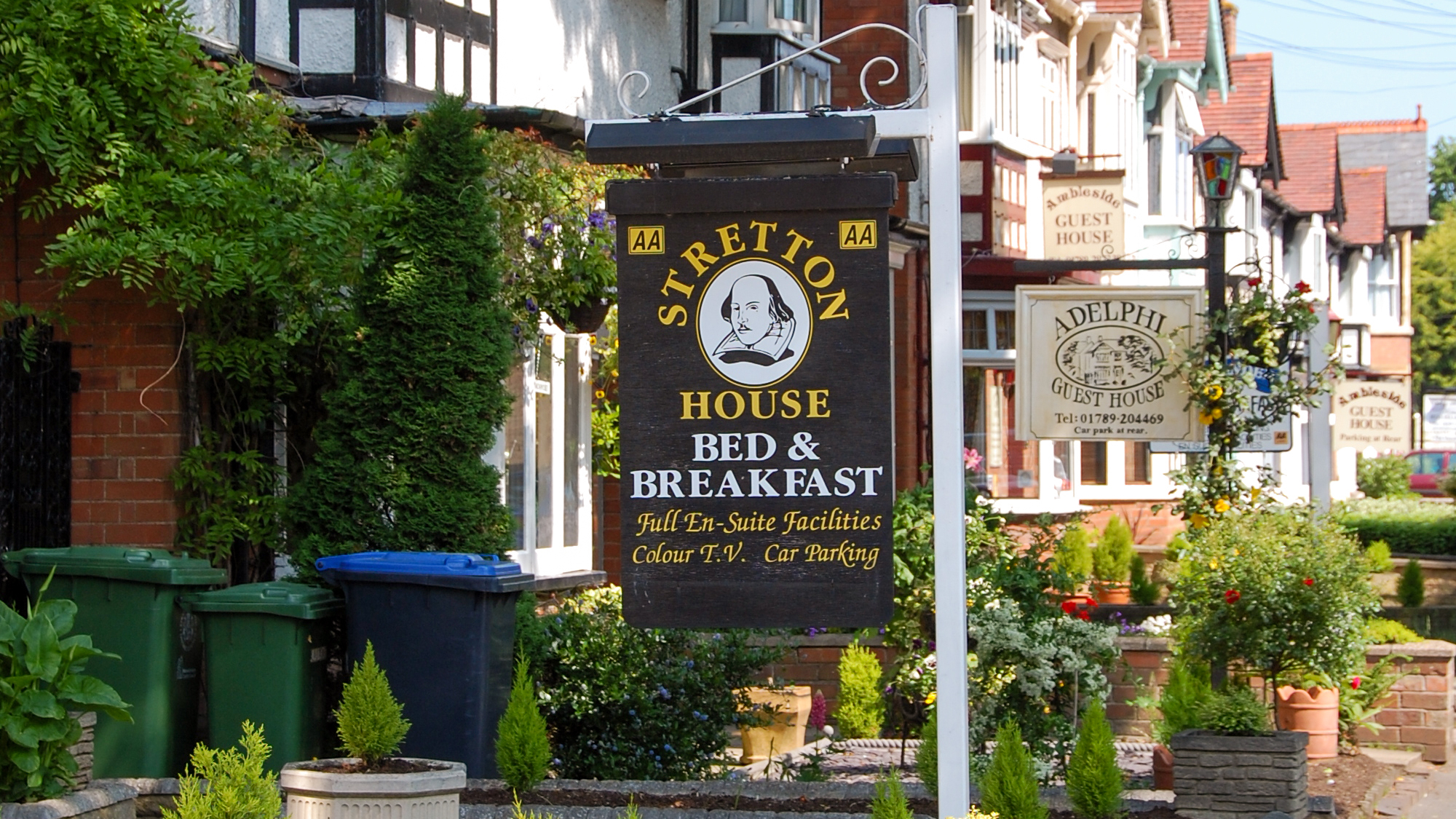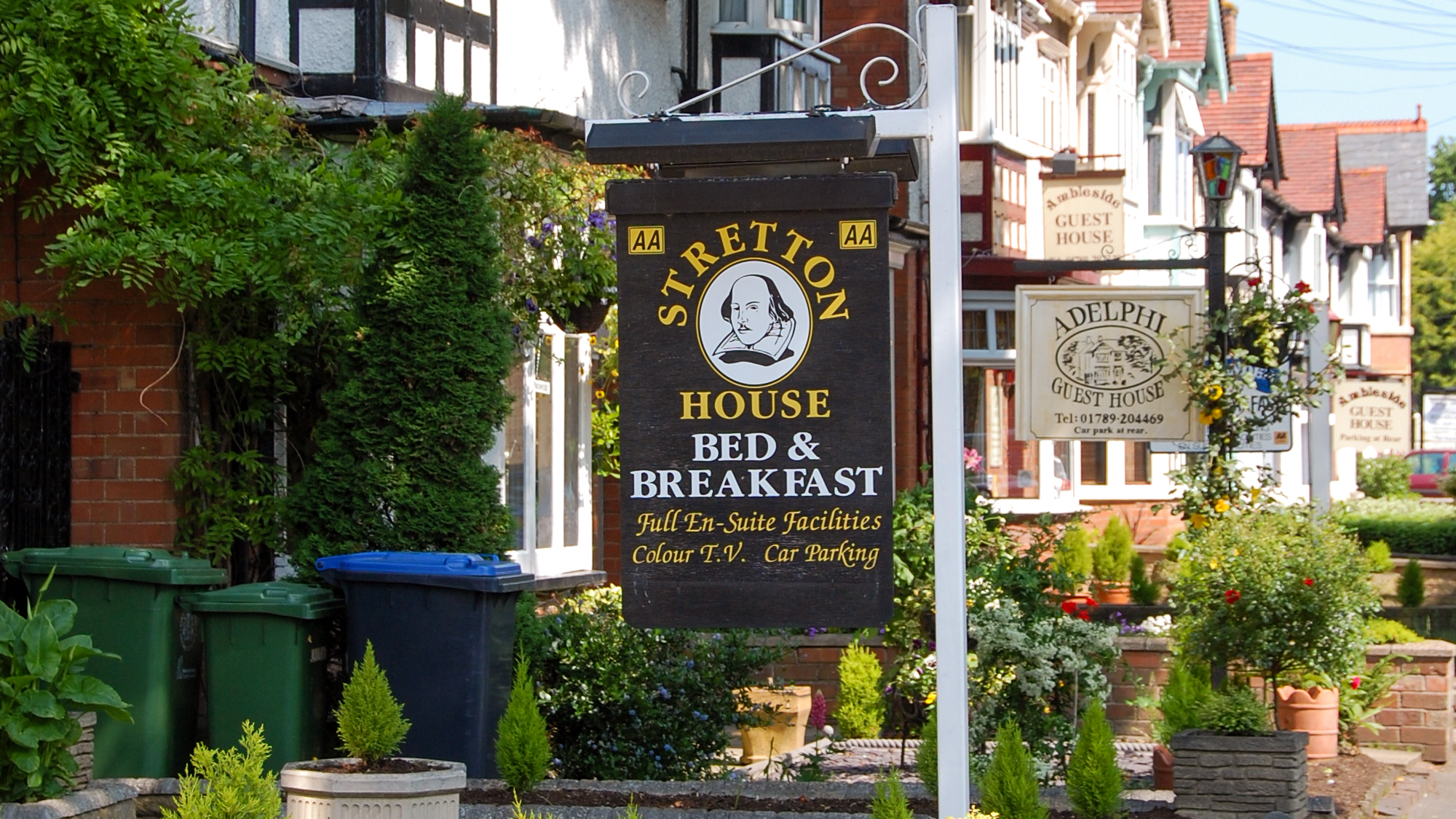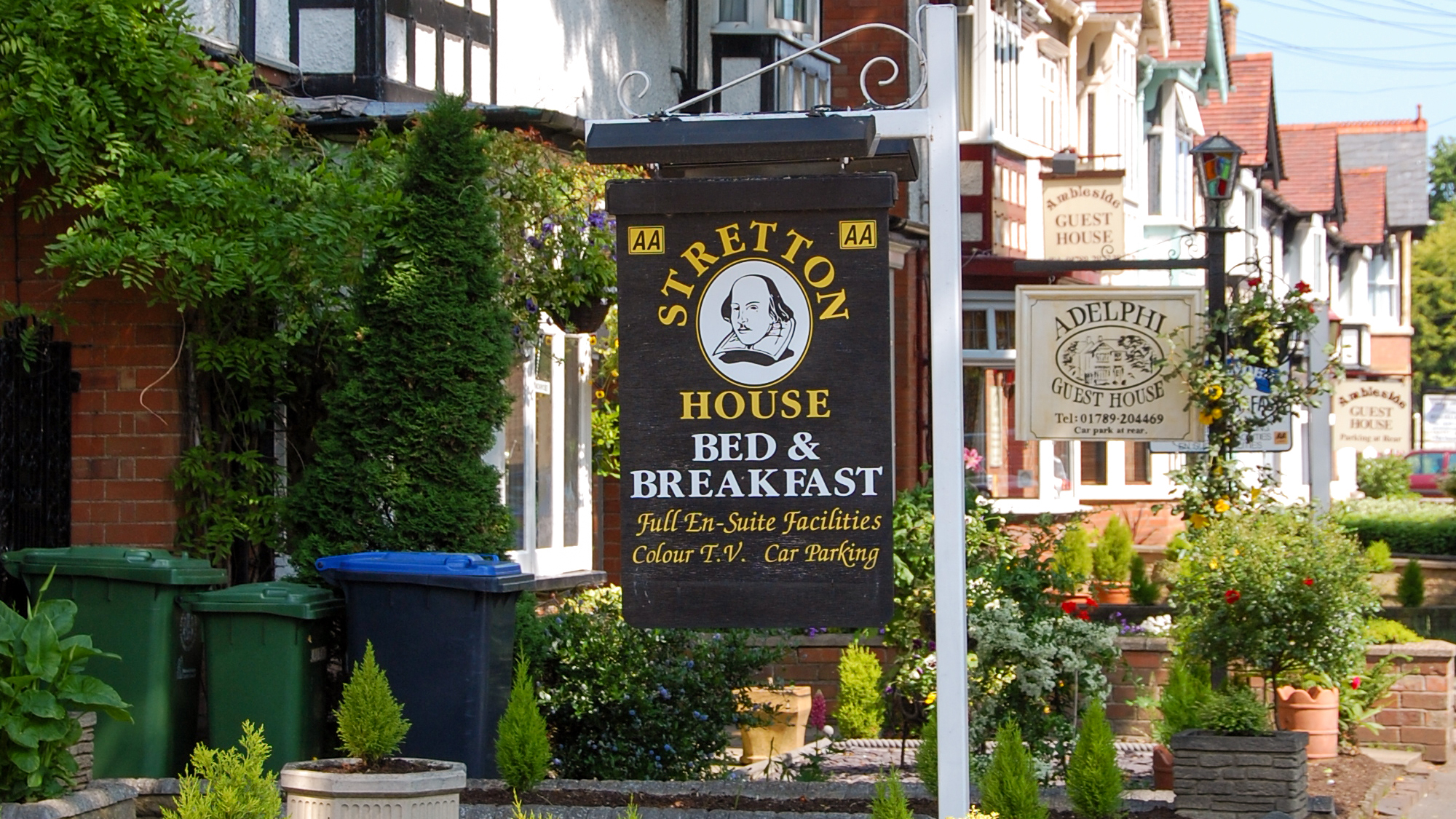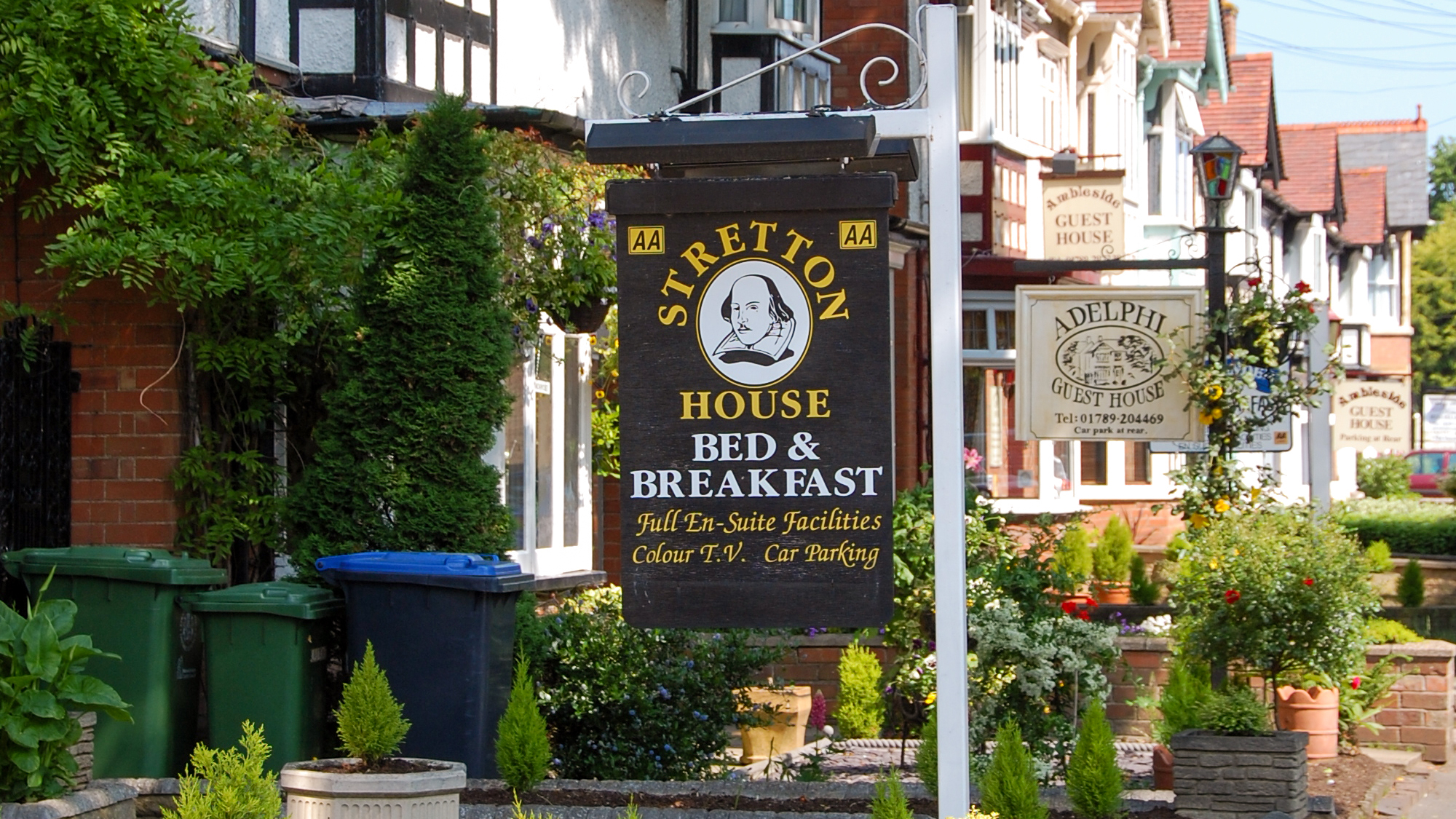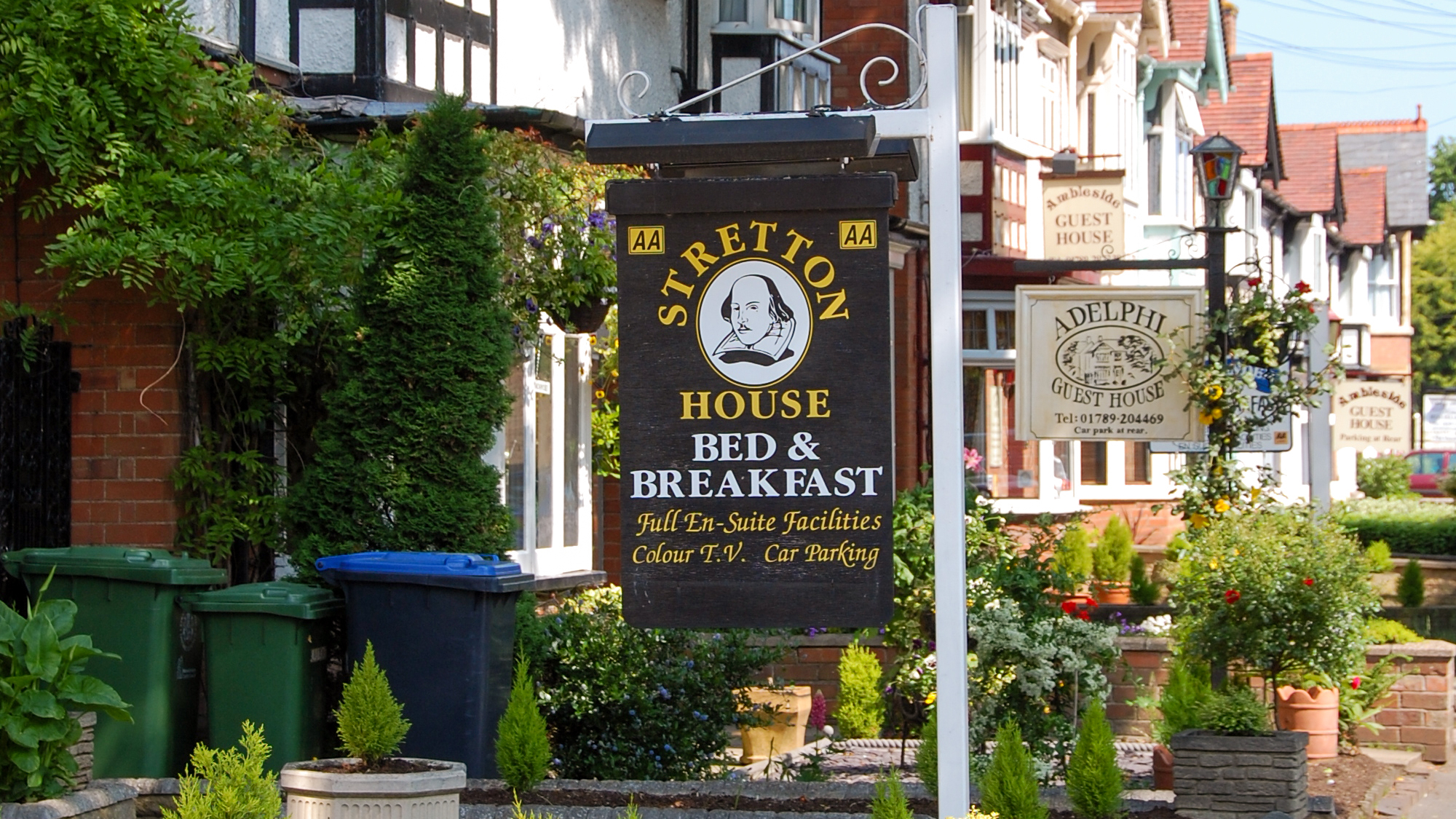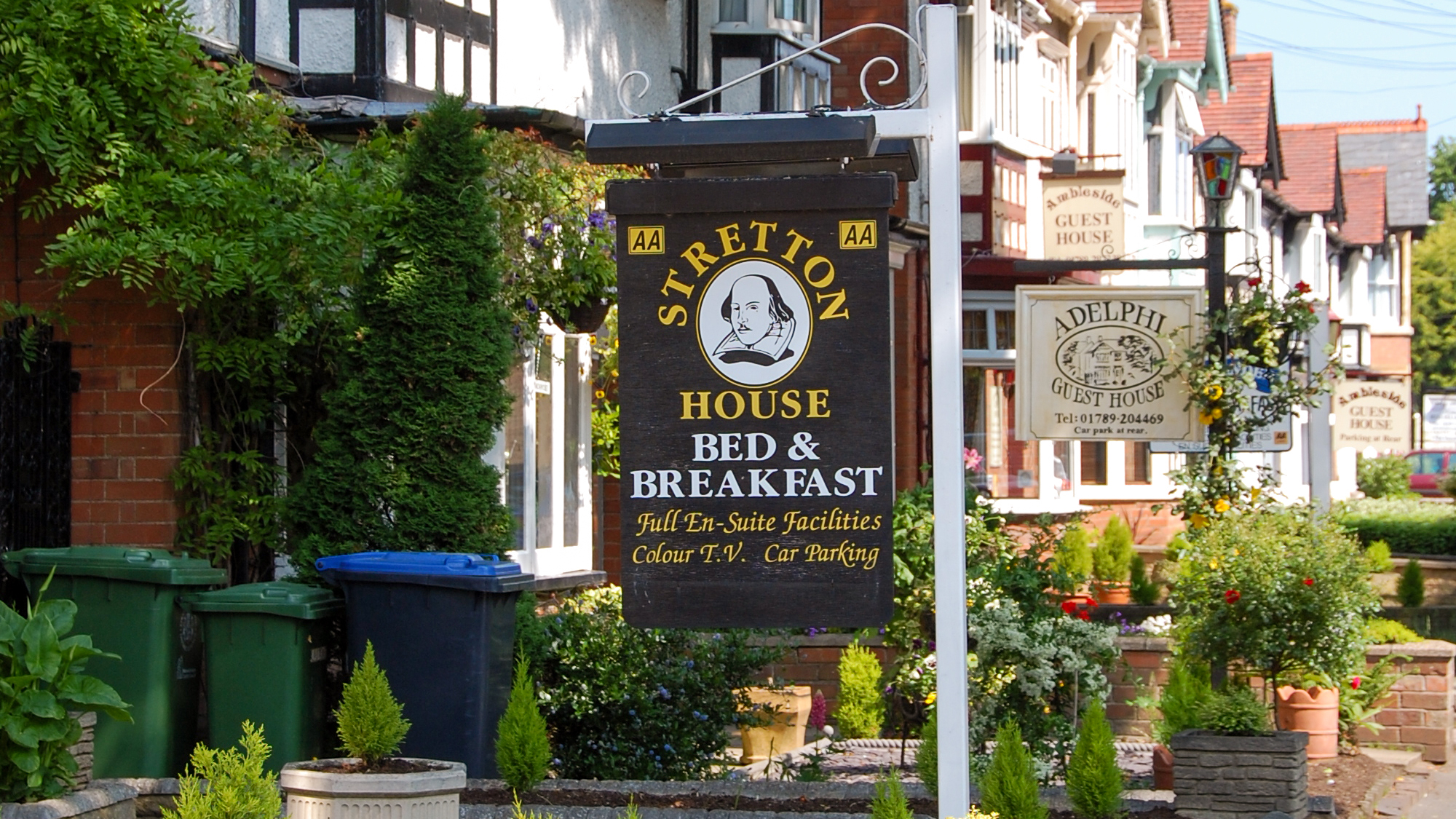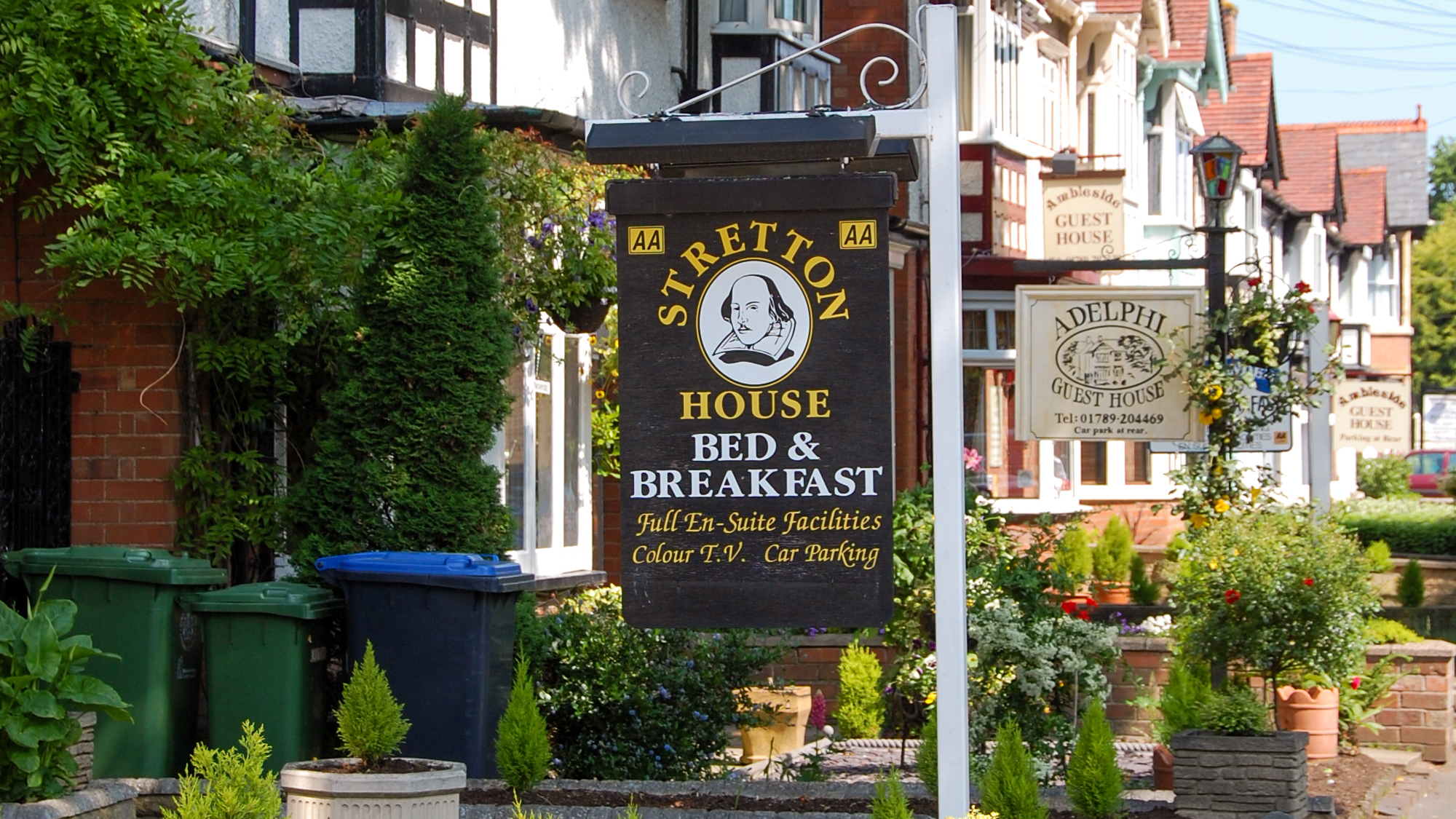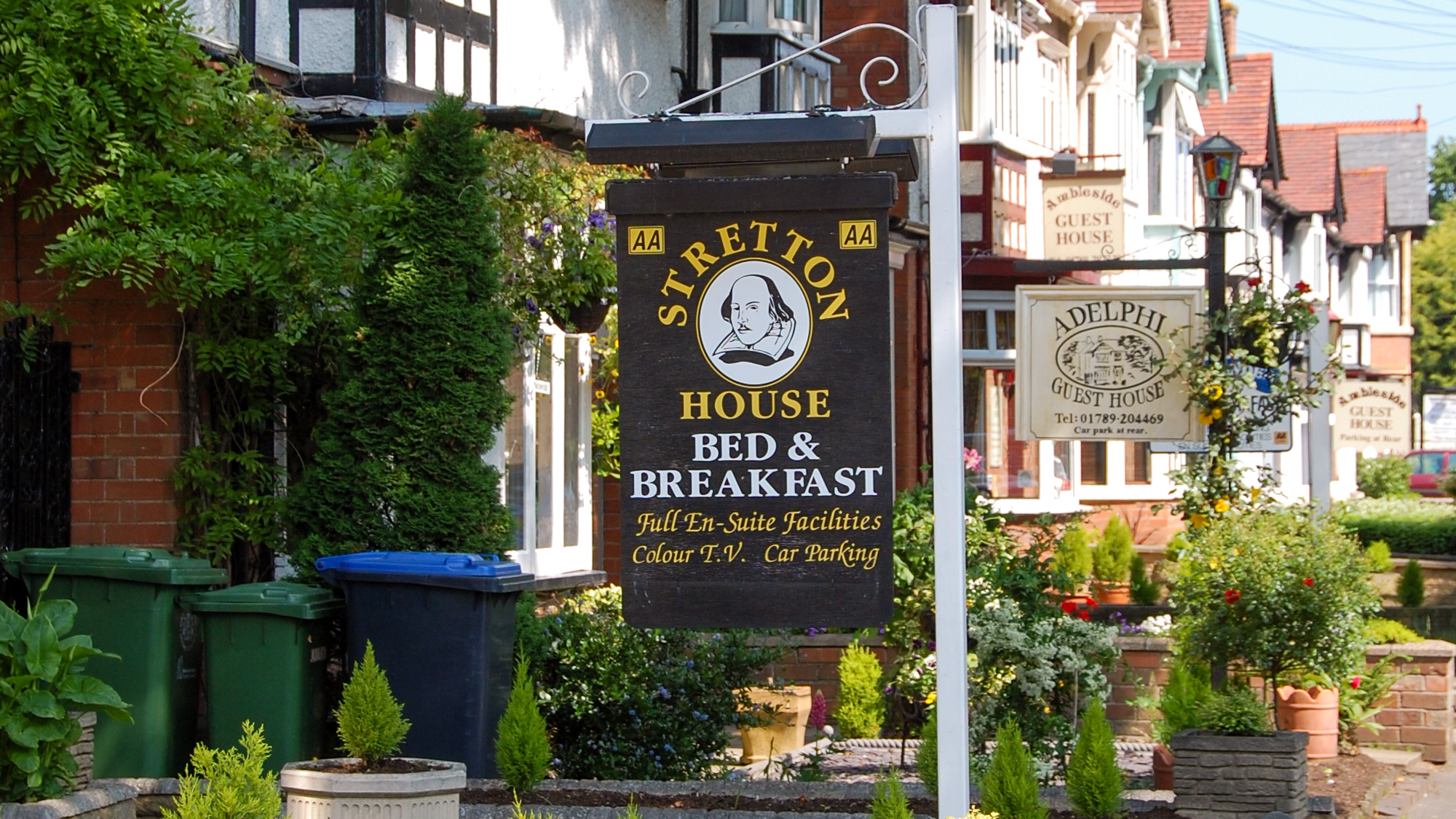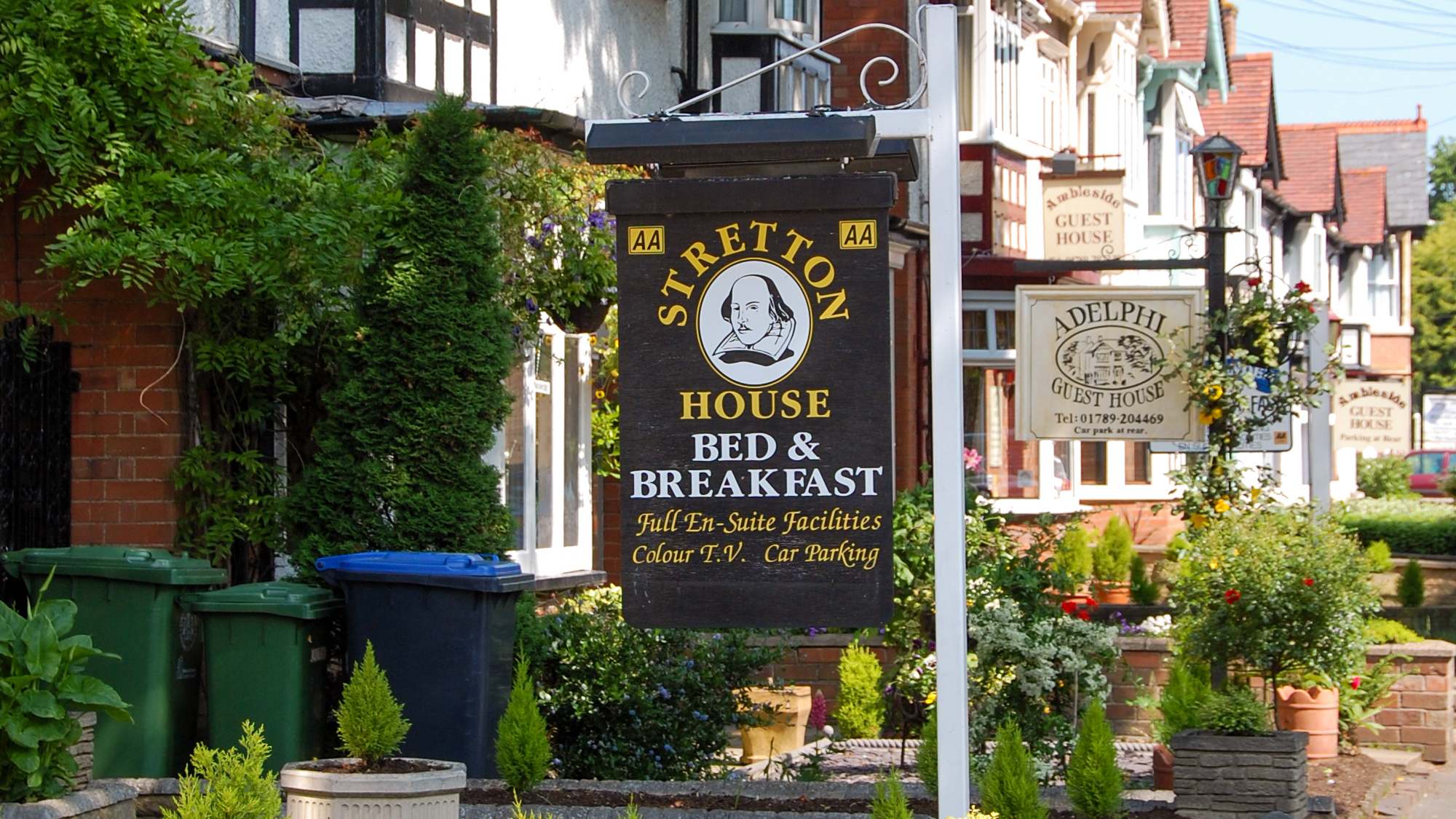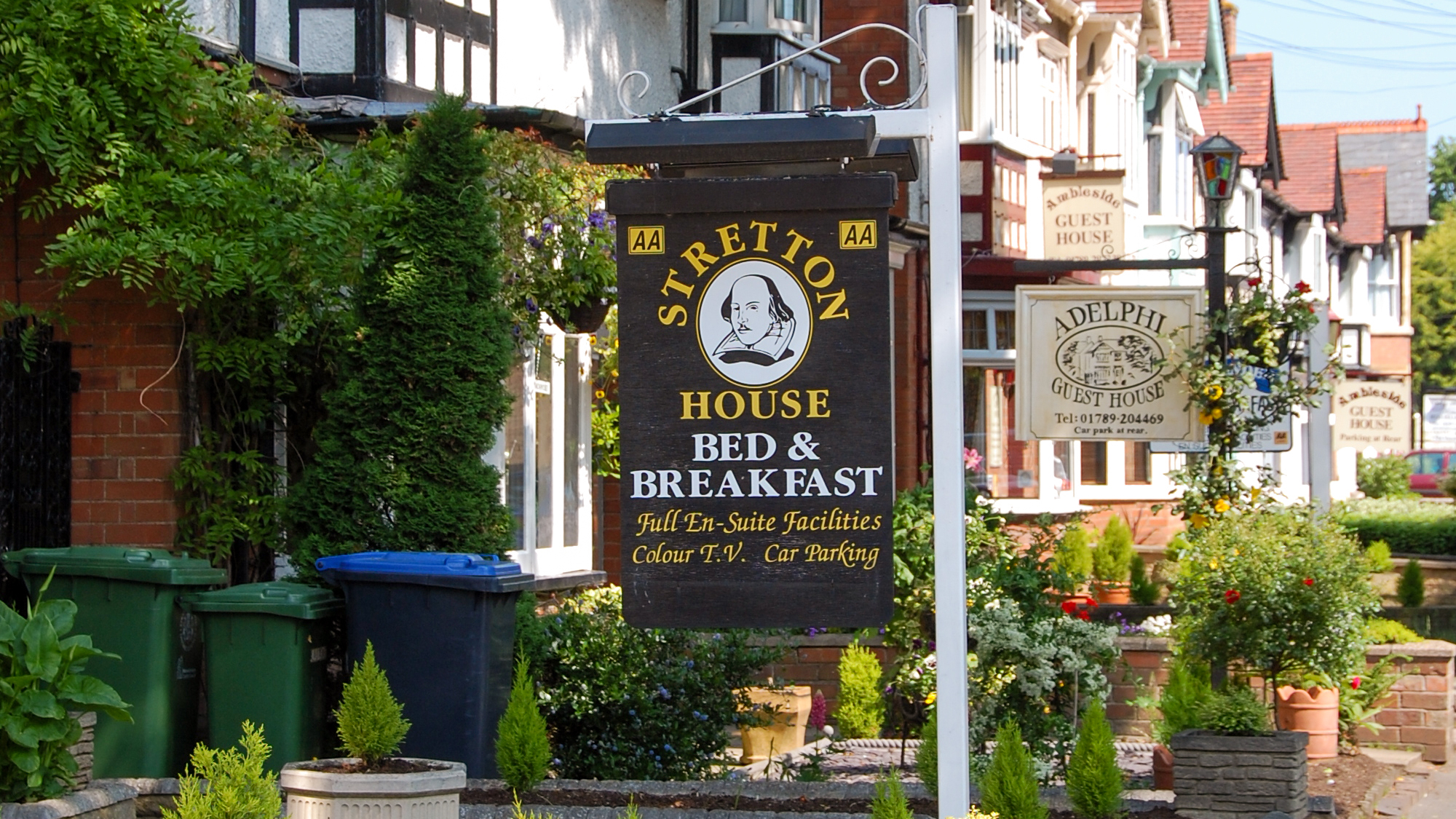Understanding B&B Insurance Fundamentals
Bed and breakfast insurance is specialized coverage designed for small hospitality businesses that provide overnight accommodation and breakfast services. Unlike standard home insurance, B&B insurance recognizes that you're operating a commercial enterprise from your property, often your own home, which requires specific protections.
The insurance needs of a B&B differ significantly from hotels or guesthouses due to the intimate nature of the business, the fact that owners often live on-site, and the unique blend of residential and commercial use of the property.
Essential Insurance Coverage for Bed & Breakfasts
Public Liability Insurance
Public liability insurance is arguably the most critical coverage for any B&B. This protection covers you against claims made by guests or visitors who suffer injury or property damage while on your premises. Common scenarios include guests slipping on wet floors, burns from hot beverages, or damage to guests' belongings.
Coverage typically ranges from £1 million to £6 million, with most B&Bs opting for £2 million as a minimum. This insurance covers legal costs, compensation payments, and medical expenses resulting from accidents on your property.
Employers Liability Insurance
If you employ any staff, even part-time cleaners or breakfast assistants, employers liability insurance is legally required. This coverage protects you against claims from employees who suffer injury or illness as a result of their work for your B&B.
The minimum legal requirement is £5 million, but many insurers offer higher limits. This insurance covers compensation payments, legal costs, and medical expenses for work-related injuries or occupational illnesses affecting your employees.
Buildings Insurance
Buildings insurance protects the physical structure of your B&B, including walls, roof, floors, fitted kitchens, and bathrooms. For B&Bs, this coverage must account for commercial use and higher occupancy levels than standard residential properties.
Key considerations include coverage for guest bedrooms, dining areas, reception spaces, and any outbuildings used for business purposes. Ensure your policy covers the full rebuilding cost, not just the market value of your property.
Contents Insurance
Contents insurance covers all the moveable items within your B&B, including furniture, fixtures, equipment, and stock. This includes guest room furnishings, dining room equipment, kitchen appliances, linens, and any business equipment like computers or payment systems.
For B&Bs, contents insurance should account for higher-quality furnishings and the need to replace items quickly to maintain business operations. Consider coverage for items in guest rooms, common areas, and your private accommodation if it's part of the same building.
Business Interruption Insurance
Business interruption insurance compensates for lost income when your B&B cannot operate due to insured damage. This could result from fire, flood, storm damage, or other covered perils that force you to close temporarily.
This coverage pays for lost revenue, continuing expenses like mortgage payments and staff wages, and additional costs incurred while your business is closed. For B&Bs, this might include the cost of relocating guests to alternative accommodation.
Professional Indemnity Insurance
While not always considered essential for B&Bs, professional indemnity insurance can be valuable, especially if you provide additional services like tour guidance, event planning, or business advice to guests. This coverage protects against claims of professional negligence or inadequate service provision.
Specific Risks Facing Bed & Breakfast Businesses
Guest-Related Risks
B&Bs face unique risks due to the intimate nature of guest accommodation. These include theft by guests, damage to property, noise complaints from neighbors, and potential liability for guests' actions. Insurance should cover malicious damage by guests and theft of your property.
Food Safety and Hygiene
Serving breakfast exposes B&Bs to food poisoning claims and hygiene-related issues. Ensure your insurance covers claims arising from food preparation and service, including coverage for temporary closure due to food safety investigations.
Fire and Safety Hazards
Older buildings commonly used for B&Bs may have increased fire risks due to period features, multiple heating sources, and electrical systems. Comprehensive fire coverage should include damage to the building, contents, and business interruption.
Seasonal Variations
Many B&Bs experience seasonal fluctuations in occupancy. Your insurance should account for peak periods when you're fully booked and quiet seasons when income is reduced. Consider policies that allow for seasonal adjustments in coverage.
Data Protection and Cyber Security
Modern B&Bs collect guest data for bookings, payments, and marketing. Cyber insurance protects against data breaches, online fraud, and system failures that could compromise guest information or disrupt booking systems.
Choosing the Right Insurance Provider
Specialist vs General Insurers
Specialist hospitality insurers understand the unique risks facing B&Bs and can offer tailored coverage. They're more likely to provide appropriate policy terms, competitive pricing, and knowledgeable claims handling for hospitality-specific incidents.
Policy Features to Consider
Look for policies offering new-for-old replacement, automatic reinstatement of sums insured after claims, and coverage for alternative accommodation costs. Consider whether you need cover for loss of license, which could be crucial if licensing issues prevent you from operating.
Excess Levels and Payment Terms
Balance excess levels with premium costs, considering your ability to pay excess amounts if claims occur. Many insurers offer monthly payment options, which can help with cash flow management in a seasonal business.
Cost Factors Affecting B&B Insurance
Property Characteristics
The age, construction, and location of your property significantly impact insurance costs. Period properties, thatched buildings, or those in flood-prone areas typically cost more to insure. Properties with modern safety features and security systems may qualify for discounts.
Business Size and Occupancy
The number of guest rooms, maximum occupancy, and annual turnover affect premium calculations. Larger B&Bs with higher occupancy rates generally pay more but may benefit from economies of scale in coverage.
Claims History
Your personal and business claims history influences premium costs. A clean claims record can result in no-claims discounts, while previous claims may increase premiums or affect coverage availability.
Additional Services
B&Bs offering additional services like evening meals, packed lunches, or activity bookings may need extended coverage, which affects premium costs. Be transparent about all services you provide to ensure adequate coverage.
Risk Management Best Practices
Safety and Security Measures
Implement comprehensive safety measures including fire detection systems, emergency lighting, first aid provisions, and clear evacuation procedures. Install security systems, adequate lighting, and secure storage for valuables.
Guest Management
Develop clear terms and conditions for guests, including policies on smoking, pets, and behavior expectations. Maintain accurate guest records and implement check-in procedures that verify guest identities.
Maintenance and Housekeeping
Regular maintenance prevents many common claims. Implement scheduled inspections of guest rooms, common areas, and safety equipment. Maintain high housekeeping standards to prevent hygiene-related issues.
Staff Training
If you employ staff, provide comprehensive training on safety procedures, food hygiene, customer service, and emergency response. Regular training updates help maintain standards and reduce liability risks.
Conclusion
Comprehensive insurance coverage is essential for bed and breakfast businesses, providing protection against the unique risks of hospitality operations. The right insurance package should cover property damage, liability claims, business interruption, and the specific risks associated with welcoming guests into your property.
Working with specialist hospitality insurers ensures you receive appropriate coverage at competitive rates, with claims handling expertise specific to your industry. Regular policy reviews, combined with effective risk management practices, help maintain adequate protection as your business evolves.
Remember that insurance is an investment in your business's future, providing peace of mind that allows you to focus on delivering exceptional guest experiences while protecting your livelihood and assets.
For expert advice on bed and breakfast insurance tailored to your specific needs, contact Insure24 at 0330 127 2333. Our specialists understand the unique challenges facing B&B operators and can help you find comprehensive coverage that protects your business and guests.


 0330 127 2333
0330 127 2333
